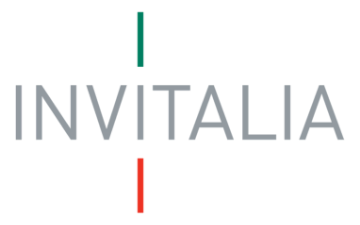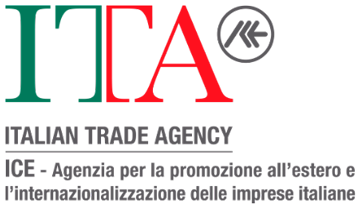Last event with #Innoistalks: a fireside chat with Enrico Resmini and Martin Varsavsky on the future of innovation
What will the role of innovative entrepreneurship be, and how can the venture capital ecosystem become an Italian economic development asset?
This was the complex - yet increasingly relevant - topic chosen by Innois, the Innovation Platform of Fondazione Sardegna, in collaboration with CDP Venture Capital Sgr – Fondo Nazionale Innovazione, for the last webinar of the #INNOISTALK cycle.
The guests of this - strictly digital - yet intimate, fireside chat are two key players of the venture capital world: Enrico Resmini, CEO and General Manager of CDP Venture Capital Sgr - Fondo Nazionale Innovazione, and Martìn Varsavsky, President of Prelude Fertility, CEO of Overture, Goggo Network/VAS Ventures/MVB Fund.
Innovation as ongoing research
Varsavsky, entrepreneur and investor, is a key person in the field of innovation. The starting point of the chat is precisely the drive that is constantly pushing him towards “the next new thing”.
"What I do is not a choice, it is my life" - he began - "and every time I have tried to do something else - university professor, motorcyclist, airplane pilot - I then went back to this. I come up with an idea and then find the people to realise it with. I want to continue working on the great contemporary challenges, from health to energy.''
Curiosity is an essential element for an innovation entrepreneur. But curiosity alone is not enough. “Many startuppers believe that it is enough to have a good idea, but that's not the case”, commented Resmini. “You need to be methodical, to study, to investigate. Furthermore, some entrepreneurs are afraid, they are jealous of their idea, of their business plan. Instead, you have to seek support, and think that there is always someone who knows more.''
An approach shared by Varsavsky, who has no doubts between doing it alone or building a team: "I carry a vision, but almost always I have a founder who knows the field we are working on better than me".
On the other hand, this is a very widespread practice, especially if we look at international venture capital. But what is the situation in Italy? What are the barriers and opportunities for those wishing to invest in an innovative startup in our country?
Choosing to invest in Italy
"In general, the perception from abroad is that in Italy, due to the regulatory framework, it is more complex to do business", commented Resmini. "It is also true, however, that in recent years we have been making great progress, particularly in the regulation of the startup world".
There is still a long way to go, but the direction is there. “With the very birth of Fondo Nazionale Innovazione” - continued Resmini - “we are giving a great boost to the development of the system, which can really become more robust and attractive for investors”.
For CDP Venture Capital SGR – Fondo Nazionale Innovazione, the last few months have been crucial: it was a question of structuring the company by equipping it with human resources and tools capable of managing a capital of 1 billion euro. And testing it on the market at the same time.
An effort paid off by the results: the Fund has already invested 180 million euro, counting on 6 operational funds which will become 9 early next year.
These will include a Fund dedicated to Corporate Venture Capital, with the participation of some large Italian companies: "Generally speaking, not only in Italy, but throughout Europe, companies tend to build innovation within their R&D departments" - Resmini explained - “as opposed to Asia, which increasingly allocates resources for innovation externally”.
Today, disruptive technologies have a very rapid cycle, and large companies must synchronise with the outside world by entering incubators and accelerators, relying on startups or acquiring them.
In Italy, there is potential in abundance: we have universities and research centres, we are the third country in the world in terms of the number of scientific publications. However, we need to work on cultural aspects linked on the one hand to a low risk appetite, and on the other to resistance to failure.
“We must learn to tell stories, not only success stories but also failure stories” - suggested Resmini - “because failure should not be seen only in a negative way, it is a great push to change and grow”.
Varsavsky echoes his words, stressing that "in the world of startups, an idea that fails leaves room for lessons for other ideas. Because you learn more from things that go wrong than from those that go well, just think of the great scientific discoveries that often arise from an error''.
In this sense, the venture capital system in the United States is already consolidated, while there is still a lot to be built in Europe and Italy.
Nurturing this culture is the great goal pursued by CDP Venture Capital SGR, which as a National Innovation Fund must distribute resources on innovative entrepreneurial proposals that lead to the growth of the ecosystem.
An important challenge to accelerate Italy’s economic development.





